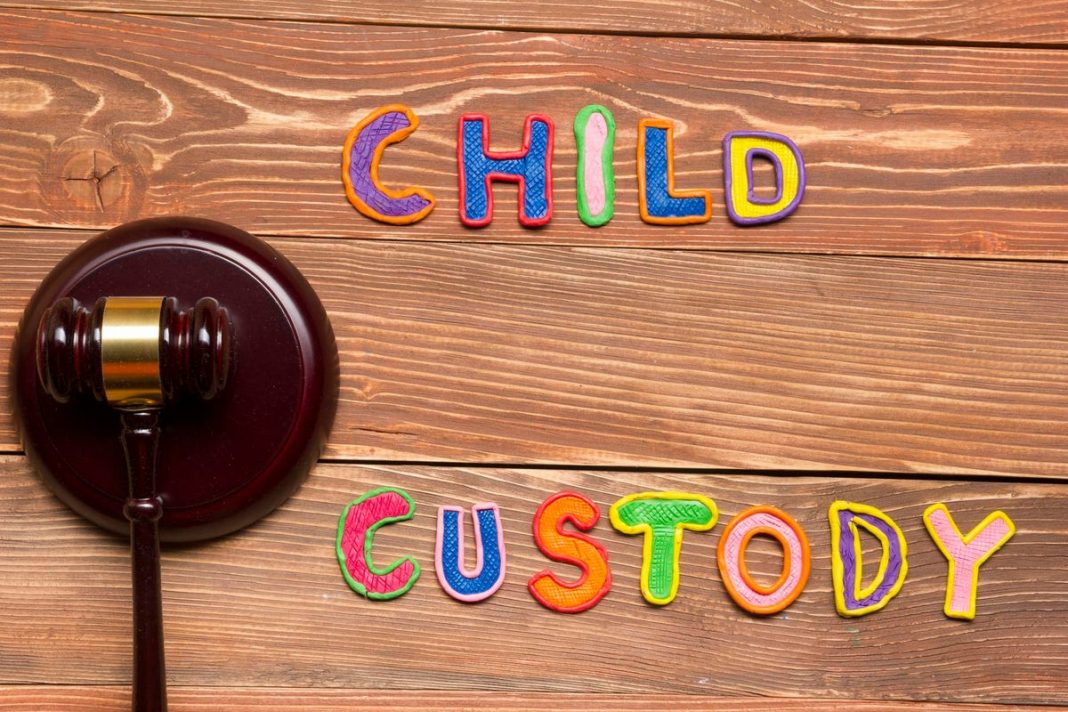Judge gavel and colourful letters regarding child custody, family law concept
getty
Child custody cases: In many states across the United States, the court hearing a child custody matter can appoint either an attorney for the child or guardian ad litem to represent the child or children in a contested custody matter. The courts may have discretion to do so in that they may not make an appointment in every case often depending on the facts of the case, the age of the child or children and the disputes between the parties. There is a distinct difference between the two.
The court can also appoint a psychologist or psychiatrist or licensed social worker to examine the parties as to their fitness to parent.
In the end it is up to the judge to ultimately decide the parenting arrangement or custody that is in the best interests of the child.
Guardian ad litem: A guardian ad litem is an arm of the court. The guardian ad litem essentially works with the judge assigned to hear the case. The guardian ad litem speaks with the judge directly. They solicit reports for the judge from teachers, pediatricians, and others in the child’s life. They advise the judge of what custody determination they believe is in the children’s best interest, the legal measure for a child custody determination after trial. They can testify as a witness on behalf of the child at trial.
Attorney for the child: An attorney for the child is bound by the same rules of evidence and procedural rules an attorney for either parent is bound by. They are also bound to present to the court their client’s wishes. This means they cannot for the most part substitute their judgment for that of their client’s wishes. They must advise the court of what their client wants not what they believe is in their client’s best interest. They must represent the interest of their client.
Forensic examiner: The forensic examiner is appointed to provide the court with a report that addresses any psychological pathologies and impairments to thought processes that impair a parent’s ability to care for their children. They examine all parties and the children through observation and question and answer. They generally, however, do not diagnose. The forensic examiner may have to testify at trial.
When is a guardian ad litem necessary? In some jurisdictions, the court will only appoint a guardian ad litem. This means if you really need to have the child’s wishes heard or make the court aware of what is occurring during visits, the guardian ad litem will not necessarily represent the child’s wishes to the court but rather what they believe is in the child’s best interest.
When should a parent seek an attorney for their child? In cases where the child is the only witness to what takes place during their time with a parent and/or the child has strong views regarding who they want to live with and how much time they want to spend with each parent, an attorney for the child is critical to put forth the views of the child to the court in accordance with what the child will permit the attorney to divulge. The attorney for the child is bound to maintain the confidentiality of their client as is any other attorney.
In cases where one parent believes that the child is being alienated from them by the other parent and the child is at the time of the litigation bonded to the other parent, an attorney for the child is not helpful as they will be another voice added to the parent who is accused of doing the alienation. A forensic psychologist can help identify the alienation as such and include it their report. Destroying a child’s natural bond and love for the parent can be tantamount to child abuse but only a psychological expert can make that determination as it is a result of psychological grooming or pressure.
When is a forensic necessary? A forensic examiner is not necessary in every case. To necessitate the appointment of a forensic examiner there really must be a psychological or perceived psychological impairment for the court to make such an appointment. A forensic examiner is also necessary if there are issues regarding addiction, allegations of domestic violence, allegations of parental alienation, claims of mental illness, personality disorders.
What should you do in your child custody case? Examine your case and determine what you need a court to know. What are the child custody issues? Is it a personality disorder like narcissism? Is it parental alienation or domestic violence, such as coercion and control? What are the children’s experiences when they are with the other parent?
Check out your own state’s laws as to the appointment of a guardian ad litem or attorney for the child or a forensic examiner and their role in the court system. Thereafter, you can determine what professional, if any, is most likely to help you make your case to the court so that the judge can make a truly informed custody decision.




